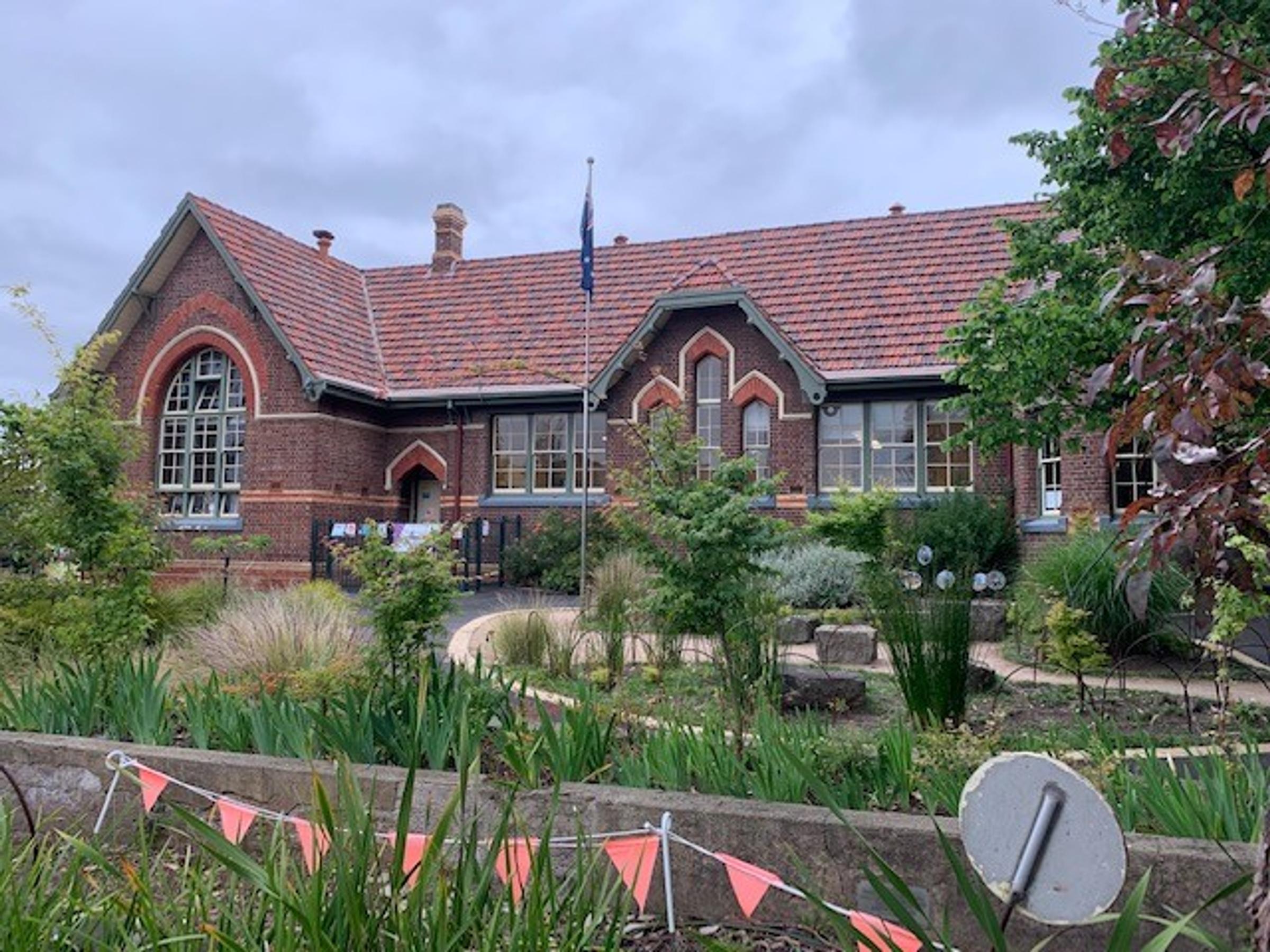GEKA Caulfield Primary Kindergarten

Rethinking Education after the Pandemic
Wen Shen, Early Childhood Teacher
We all thought that COVID-19 would be long gone by now or at least we would be living with it, but the start of 2022 proved otherwise. At the start of this year, we experienced a new COVID-19 surge and the lingering questions that were on the mind of parents and teacher were: Will the children be able to return to school and kindergarten? Will it be safe to return to educational settings? Is it going to be another lockdown? Thankfully, there were no disruption in welcoming children back to Term 1.
However, children are still adversely impacted by the lockdown and school closures that happened periodically over the past two years, which consequently affected their wellbeing, learning, development and safety. This offers us an opportunity to rethink the purpose of education --- the ways we can better adapt our curriculum so that it allows us to pay more attention to children’s growth and engaging them in real-life learning experiences.
One of the most important things that we can do as teachers is to provide a safe and secure environment where children can move around their social and physical environment confidently. A safe and secure environment has predictable routines and consistent relationships as it provides a foundation of trust and security for children.
When children know what to expect and who they can rely on, they can focus their energy and attention on other things, like learning, playing and creating new friendships with the educators and children in the room. With predictability, the child knows what to expect and can organize their behaviours to be successful. During challenging and uncertain times, predictable routines and consistent relationships act like an anchor for children as there are predictable things to rely upon. This may translate to familiar resources to look forward to at each session, consistent faces in the educator team and the pattern to the day so transitions are smooth and expected.
We have also observed that with an extended time at home with family, children are taking less responsibility for their own needs. For example, children are struggling to open lunchboxes or putting back the lid after finishing, take care of their own belongings or manage their clothes. Hence, what we can do is to encourage children to do it on their own instead of jumping at the opportunities of helping them whenever they ask for it. Sometimes as adults, we can be over-protective and do too much. This style of parenting/teaching has many short-term wins but long-term costs such as not feeling capable and will giving up easily when faced with a difficult problem to solve.
I remember this famous quote: Give a man a fish and you feed him for a day, teach a man how to fish and you feed him for a lifetime. Every time when we are tempted to jump in to help, stand back and think: is there any other way to help this child than doing it for him/her?
We are living in unprecedented times. Some children may not be able to verbalise what they are going through or how the COVID-19 situation has impacted them but it definitely has affected them in some ways or another. What we can do as educators and parents, is to provide a safe and secure environment where they feel confident to explore around in both their physical and social environments, and critically and creatively think about ways we can help them when they ask for help.
